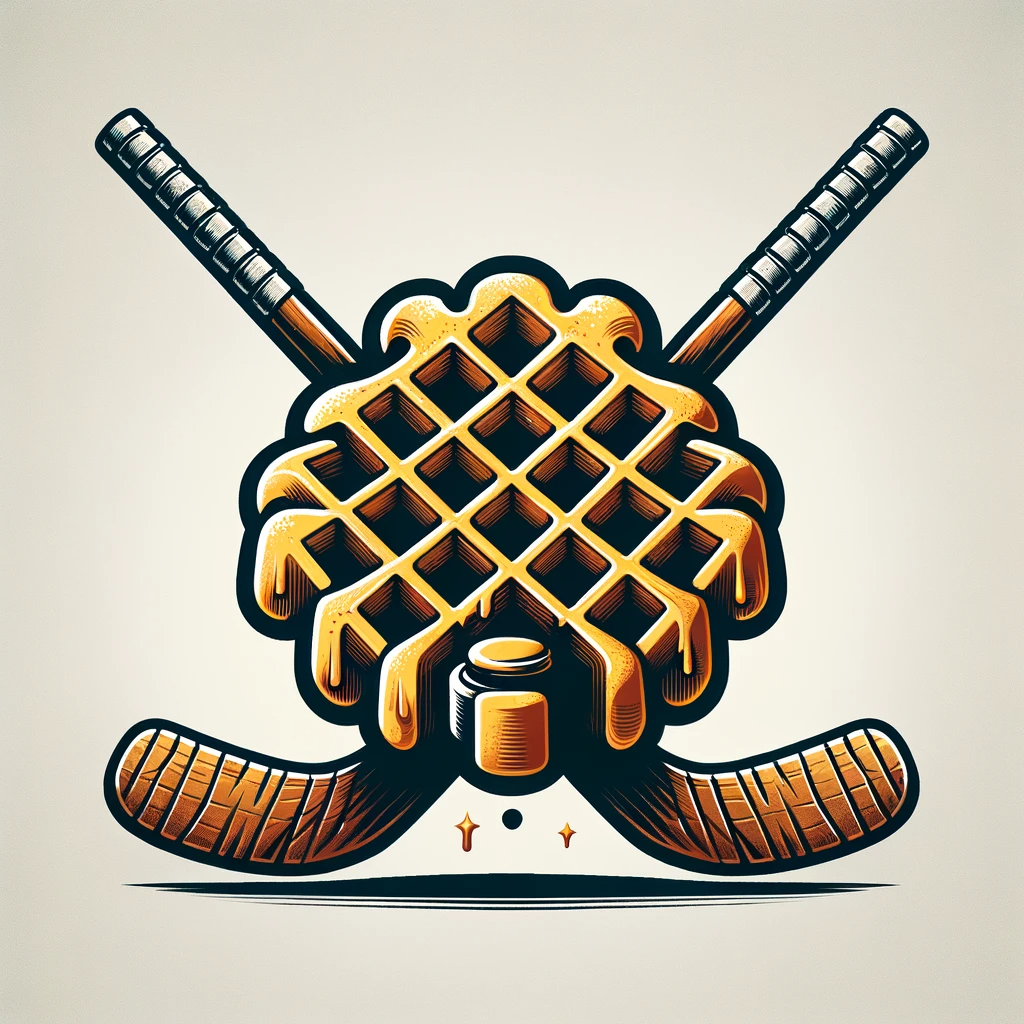The Detroit Vipers
The Detroit Vipers, a team that once electrified hockey fans in the 1990s, hold a unique place in the history of professional sports. Competing in the International Hockey League (IHL), the Vipers emerged as a beloved franchise during their short-lived existence. Their story is one of meteoric rise, on-ice excellence, and eventual decline, capturing a moment in time when minor-league hockey captivated Detroit and its surrounding communities.
Founded in 1994, the Detroit Vipers quickly became a cornerstone of the IHL, offering fans a compelling alternative to the NHL's Detroit Red Wings. The Vipers played their home games at The Palace of Auburn Hills, a venue better known for hosting the NBA's Detroit Pistons. Despite competing in the shadow of the legendary Red Wings, the Vipers cultivated a loyal fanbase through affordable ticket prices, family-friendly events, and thrilling gameplay. With their distinctive teal, purple, and black uniforms, the team became a recognizable and celebrated part of the city’s sports culture.
The team’s on-ice success was equally remarkable. Under the guidance of coach Rick Dudley, the Vipers captured the Turner Cup in the 1996-1997 season, an accomplishment that cemented their status as one of the premier teams in the IHL. Players like Steve Maltais, Peter Ciavaglia, and Sergei Samsonov became household names among Vipers fans, contributing to a potent mix of scoring prowess and physicality that defined the team’s style. The Turner Cup championship not only validated the Vipers’ competitive strength but also fueled a sense of community pride, uniting fans across Michigan.
Beyond their achievements on the ice, the Vipers were known for their inventive marketing and fan engagement. Mascots, themed game nights, and post-game meet-and-greets helped bridge the gap between players and fans, creating an atmosphere that was as much about entertainment as it was about hockey. The team also embraced its role as a stepping stone for future NHL talent, giving young players a platform to showcase their skills while delighting fans with their tenacity and potential. Notably, the Vipers hosted events such as "Kids Day," where young fans could interact with players and coaches, deepening their connection to the team.
However, the IHL's financial struggles during the late 1990s began to take their toll on the Vipers. As the league expanded too aggressively and faced mounting competition from the NHL, attendance figures started to dwindle. The increasing costs of maintaining a competitive roster further strained the franchise, which relied heavily on ticket sales and local sponsorships to stay afloat. By the 2000-2001 season, the Vipers were struggling to maintain their once-vibrant presence both on and off the ice. The rapid escalation of operational expenses led to difficult decisions, including trimming promotional budgets and reducing fan engagement efforts.
The folding of the IHL in 2001 marked the end of the road for the Detroit Vipers. While some teams transitioned to the American Hockey League (AHL), the Vipers were not among them, leaving a void in the local sports landscape. Yet, the team's legacy endures in the memories of fans who witnessed their exhilarating games and community-driven ethos. For many, the Vipers represented a golden era of accessible, high-quality hockey that brought people together in a way that transcended the sport itself. The impact they had on young fans, aspiring players, and the broader community remains significant.
Remembering the Spark
The Detroit Vipers may no longer grace the ice, but their story continues to inspire discussions about the impact of minor-league sports on local communities. They were more than just a hockey team; they were a symbol of passion, resilience, and the unifying power of sports. The vibrant energy they brought to The Palace of Auburn Hills, the connections they fostered among fans, and their dedication to showcasing emerging talent endure as hallmarks of their legacy. For those who cheered them on, the memories remain as sharp and vivid as ever, a testament to the magic they brought to the ice and beyond. This enduring affection for the Vipers underscores the profound role they played in Detroit's sports history.
